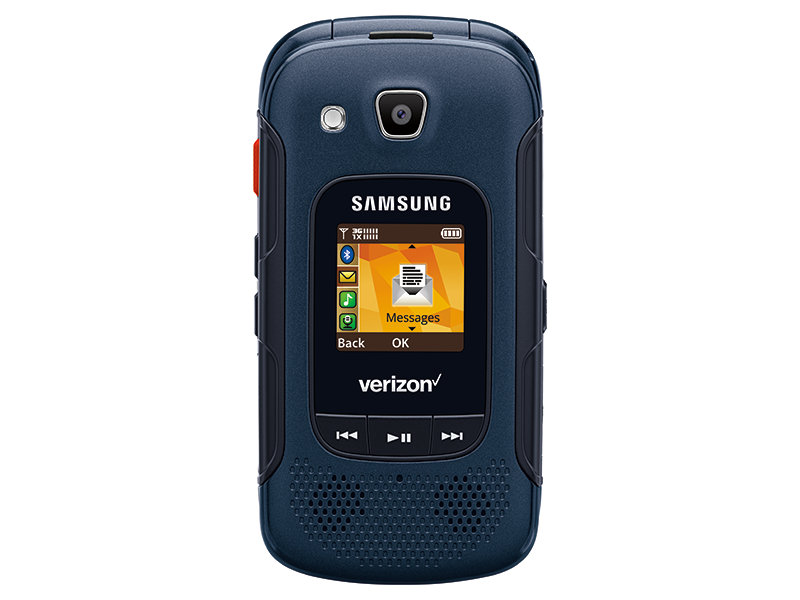Verizon went along with most of those demands from law enforcement: There are a number of reasons as to why Verizon rejects a given demand as being legally invalid. A different type of legal process might be needed for a particular type of information requested, for example. That honor would go to the first half of , when it handled , information requests from law enforcement. While we would provide the subscriber information and thus would not consider this a rejected demand , we would not provide the other information.
Free tools
Verizon only releases stored content to law enforcement when they come knocking with a probable cause warrant in hand. During the first half of , Verizon says it received 4, warrants for stored content. In some cases, law enforcement needs a court order, and in some cases they need a warrant — in either case, a judge has to sign off on the demand.

In the first half of this year, Verizon received approximately 20, demands for location data: Lisa has been writing about technology, careers, science and health since She rose to the lofty heights of Executive Editor for eWEEK, popped out with the crash and joined the freelancer economy.
Springfield here I come.
Cellphone Companies Will Share Your Location Data - Just Not With You
The increase in requests suggests that they are actually catching criminals via the data. It would be interesting to see the numbers on how many arrests resulted from the 14, dump requests.
- FREE LIFELINE PHONE SERVICE.
- The Free Monitoring Software for iOS That Allow You Catch Spouse Online.
- Cellphone surveillance.
There is absolutely no way to draw this causative conclusion from the data provided. On responding to requests from law enforcement: This includes, but is not limited to, circumstances under which there is a declaration from law enforcement of an exigent circumstance, as well as other valid legal process, such as subpoenas, search warrants, and court orders. As location tracking by cell phone companies becomes increasingly accurate and widespread, the question of who your location data actually belongs to remains unresolved.
- TAG Mobile - Free Phone | Government Phones | Lifeline Cell Phone?
- FBI prepares to defend 'Stingray' cell phone tracking.
- Report: Verizon and AT&T secretly track ALL "retail" cell phone customers.
- Verizon: US government requests for phone records on the up.
- Record wife Facebook Messages Secretly.
Privacy activists in the U. The FBI also says data collected by cell phones is not necessarily accurate enough to pose much of a threat to your privacy— for instance, in a strip mall, cell phone records may not show whether you are in a coffee shop or the apartment next door.
But that is quickly changing. Blaze said as the number of mobile phones continues to rise, cell phone companies are now installing thousands of small boxes known as microcells in crowded places like parking garages and shopping malls to enable them to provide better service. Microcells, he said, also enable the phone companies to record highly precise location data.
While your phone is on, he said, it is constantly recording your location. Our idea to test whether cellphone companies will give users their own location data came from a German politician who successfully obtained his data last year from Deutsche Telekom. Consumers in Europe have greater protections.
Report: Verizon and AT&T secretly track ALL "retail" cell phone customers
Correction, June 26, Get our stories by email. Please enable JavaScript to view the comments powered by Disqus. Comments powered by Disqus. Thank you for your interest in republishing this story.
